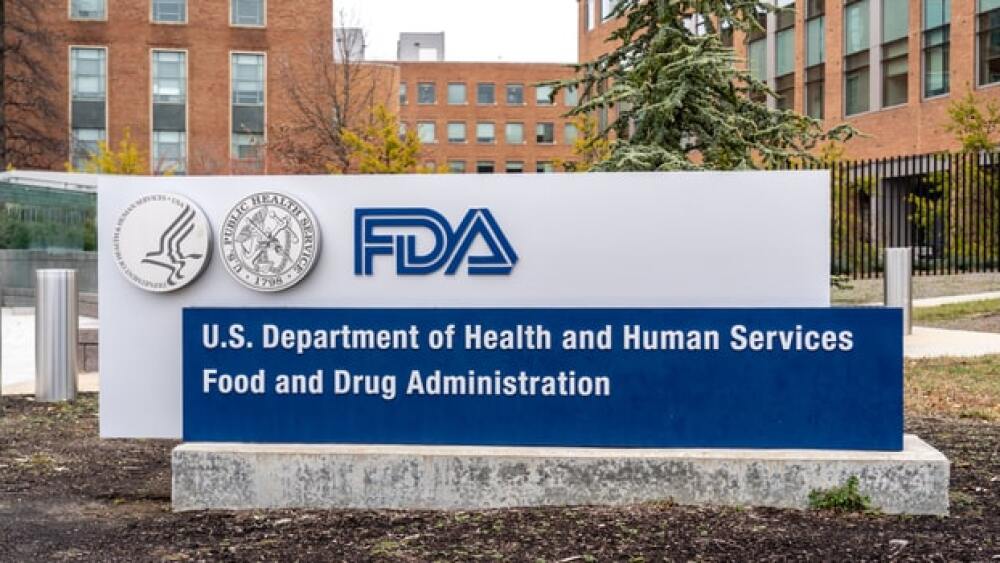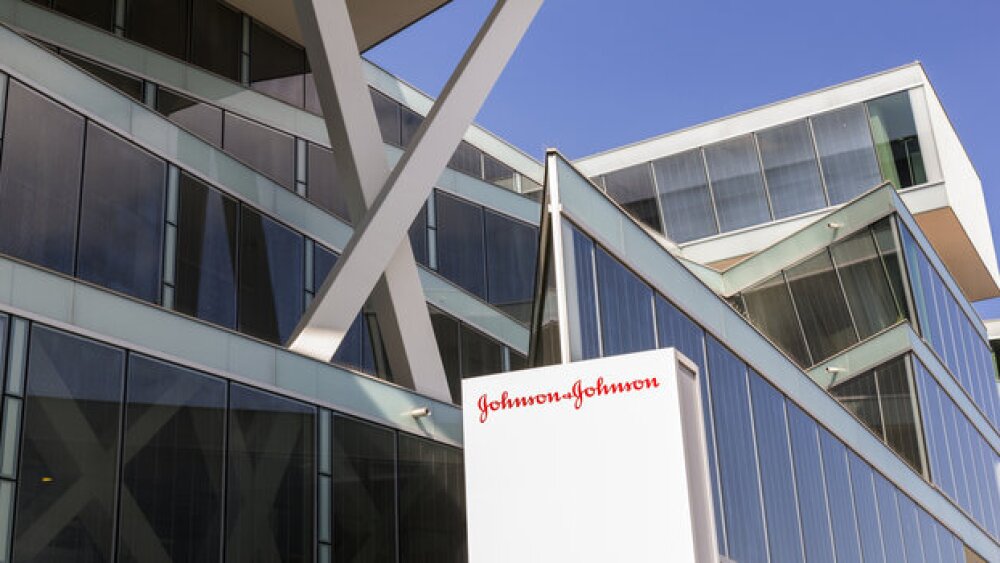Gilead Sciences’ liver disease portfolio delivered surprisingly robust performance in the second quarter, jumping 17% as the company awaits next week’s potential FDA approval of seladelpar in primary biliary cholangitis.
Gilead Sciences delivered strong performance in the second quarter of 2024 with total revenue beating analyst expectations, driven by robust sales of its HIV and liver disease products, the company reported Thursday.
The company generated $6.95 billion in Q2 revenue, representing 6% year-over-year growth when excluding its COVID-19 antiviral Veklury (remdesivir). Product sales accounted for the bulk of Gilead’s revenue at more than $6.91 billion, beating the Wall Street consensus estimate of nearly $6.73 billion. On a per-share basis, the company’s non-GAAP diluted earnings were $2.01—analysts expected a Q2 diluted EPS of $1.61.
BMO Capital Markets analyst Evan Seigerman in an investor note called Gilead’s Q2 performance “stable,” which he attributed to “stable HIV, oncology, and liver disease revenues.” Gilead also demonstrated “better-than-expected” expense management, Seigerman wrote.
The once-daily HIV antiretroviral therapy Biktarvy (bictegravir/emtricitabine/tenofovir alafenamide) was Gilead’s stand-out asset in the quarter, surging 8% to bring in $3.23 billion worldwide. Biktarvy beat the analyst consensus, which pegged its Q2 sales at $3.22 billion.
Overall, the pharma’s HIV franchise also performed well in the quarter, growing 3% year-over-year to bring in $4.75 billion, falling broadly in line with Wall Street’s estimated $4.77 billion.
Gilead’s liver disease portfolio “showed some noted strength” in Q2, jumping 17% to bring in $832 million, according to Seigerman. The company is likely to see even greater growth in the hepatology space pending the potential approval of its investigational PPARδ agonist seladelpar, which is currently under regulatory review for the treatment of primary biliary cholangitis.
The FDA’s target action date for seladelpar is Aug. 14. In the meantime, the pharma has dropped $320 million to buy Johnson & Johnson’s global royalty rights to seladelpar, according to Thursday’s announcement. Gilead will reflect this expense in Q3.
Gilead’s oncology business was also solid in Q2, growing 17% to hit $841 million in sales. The antibody-drug conjugate Trodelvy (Sacituzumab govitecan), indicated for certain types of breast and urothelial cancers, secured $320 million worldwide, representing 23% growth from the same period in 2023. However, Trodelvy missed the analyst consensus estimate of $335 million in sales.
Bolstering the steady growth in Gilead’s product sales is the company’s tighter expense management. Expenses in the quarter totaled nearly $3.7 billion, as per a Jeffries analyst note, whereas the consensus expectation was almost $3.9 billion.
Reflecting its overall stable performance in the quarter, Gilead reiterated its full-year product sales guidance while slightly raising its 2024 EPS forecast.






